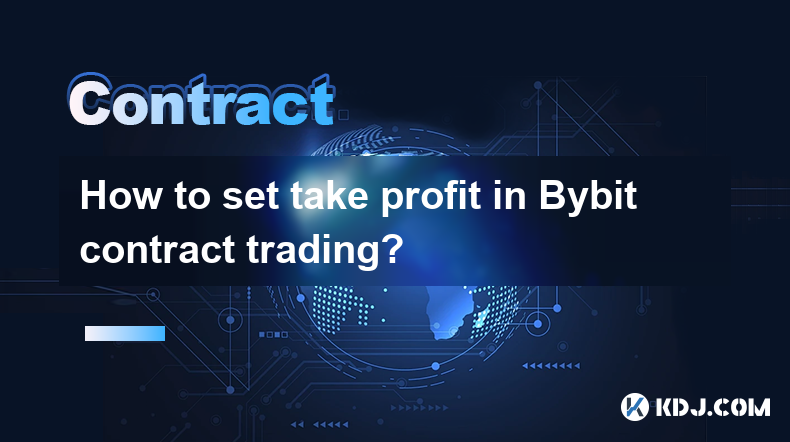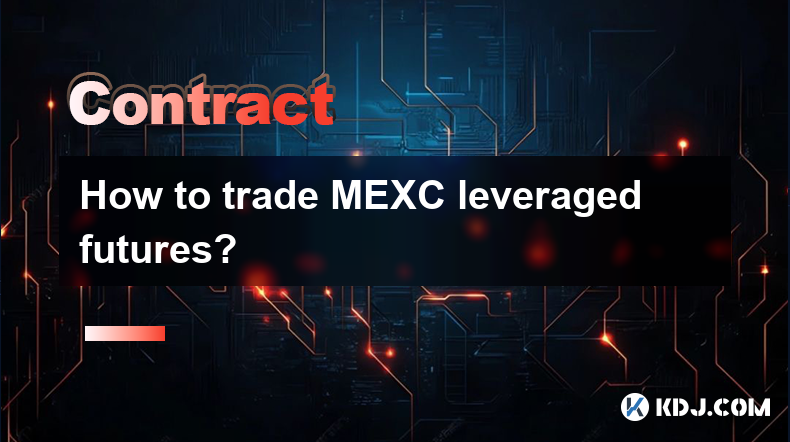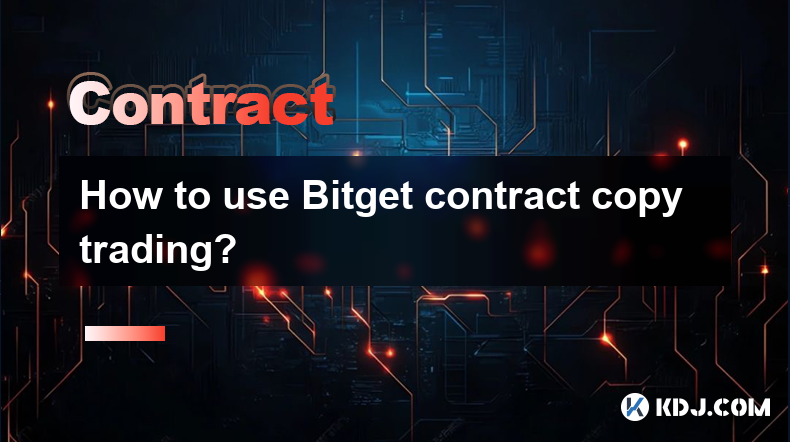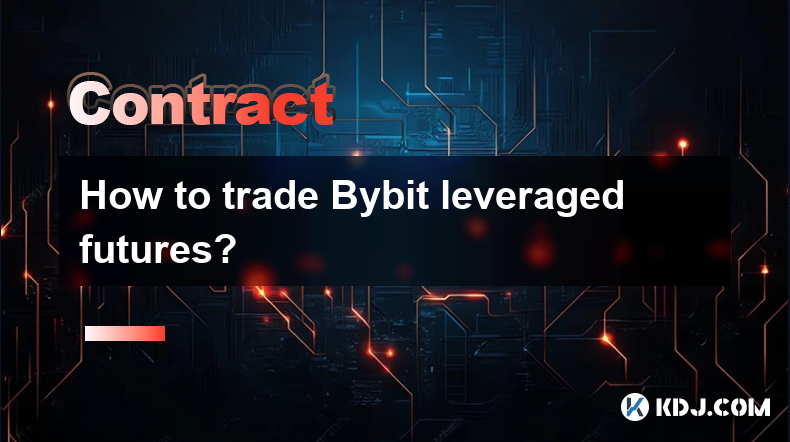-
 Bitcoin
Bitcoin $83,321.4268
1.92% -
 Ethereum
Ethereum $1,805.0367
1.69% -
 Tether USDt
Tether USDt $0.9993
-0.05% -
 XRP
XRP $2.1395
7.26% -
 BNB
BNB $594.8880
1.85% -
 Solana
Solana $119.4789
4.69% -
 USDC
USDC $0.9997
-0.04% -
 Dogecoin
Dogecoin $0.1698
7.63% -
 Cardano
Cardano $0.6677
6.83% -
 TRON
TRON $0.2403
2.57% -
 UNUS SED LEO
UNUS SED LEO $9.3931
-0.01% -
 Toncoin
Toncoin $3.4098
-4.38% -
 Chainlink
Chainlink $12.8159
2.86% -
 Stellar
Stellar $0.2605
3.26% -
 Avalanche
Avalanche $18.2959
1.70% -
 Sui
Sui $2.2472
0.47% -
 Shiba Inu
Shiba Inu $0.0...01231
1.39% -
 Hedera
Hedera $0.1660
6.00% -
 Polkadot
Polkadot $4.0976
4.31% -
 Litecoin
Litecoin $83.9330
2.88% -
 MANTRA
MANTRA $6.3850
1.06% -
 Bitcoin Cash
Bitcoin Cash $300.7858
1.83% -
 Bitget Token
Bitget Token $4.5326
1.30% -
 Dai
Dai $0.9998
-0.02% -
 Ethena USDe
Ethena USDe $0.9993
-0.03% -
 Monero
Monero $214.8497
2.22% -
 Hyperliquid
Hyperliquid $11.5517
2.18% -
 Uniswap
Uniswap $5.8645
2.37% -
 Pi
Pi $0.5305
-4.75% -
 NEAR Protocol
NEAR Protocol $2.5052
4.19%
How to adjust Ethereum smart contract
To modify Ethereum smart contracts, a deep understanding of Solidity, the EVM, and development environments like Truffle or Hardhat is crucial for effective adjustments and post-deployment monitoring.
Nov 10, 2024 at 08:24 pm

Uncovering the Dynamics of Ethereum Smart Contract Adjustment
Ethereum smart contracts, the cornerstone of decentralized applications, offer immutable code execution on the blockchain. While this immutability ensures security and transparency, it also poses challenges when modifications are necessary. To navigate this landscape, a thorough understanding of smart contract adjustment is crucial. This comprehensive guide delves into the intricacies of modifying Ethereum smart contracts, empowering developers and users alike.
Step 1: Prerequisites for Smart Contract Adjustment
Before embarking on smart contract adjustment, it's imperative to establish a solid foundation:
- Solidity Expertise: Proficiency in Solidity, the programming language of Ethereum smart contracts, is paramount. A deep understanding of Solidity's syntax, data types, and control flow is essential.
- Understanding the EVM: Grasping the inner workings of the Ethereum Virtual Machine (EVM) is crucial. The EVM interprets and executes smart contracts, and knowledge of its opcodes and gas mechanics is fundamental.
- Truffle or Hardhat: Utilizing a development environment like Truffle or Hardhat simplifies smart contract compilation, deployment, and testing. These tools streamline the development process.
Step 2: Identify the Need for Adjustment
Pinpoint the specific reasons why smart contract adjustment is necessary. Common reasons include:
- Bug Fixes: Unforeseen bugs or errors in the original code require prompt rectification.
- Feature Enhancements: Expanding the functionality of the smart contract with new features adds value and improves user experience.
- Security Upgrades: Addressing vulnerabilities or incorporating enhanced security measures bolsters the contract's resilience against potential attacks.
- Compliance Updates: Adjusting the smart contract to align with evolving regulatory requirements or industry best practices ensures compliance.
Step 3: Plan and Test Modifications
Thorough planning is key before implementing any adjustments. Here's how:
- Code Review: Analyze the existing smart contract code to identify the areas that need modification and assess the potential impact of changes.
- Test Cases: Develop comprehensive test cases to verify the behavior of the modified smart contract. Utilize testing frameworks like Truffle's Ganache or Hardhat's local EVM environment.
- Simulation: Run simulations of the modified smart contract to evaluate its performance under various conditions and identify any potential issues.
Step 4: Implement Modifications
Once the plan is in place, meticulously implement the necessary modifications:
- Write Updated Code: Use Solidity to write the updated code, ensuring adherence to best practices and industry standards.
- Compile and Deploy: Compile the modified code with Solidity and deploy the updated smart contract to the desired blockchain network.
- Thorough Testing: Conduct thorough testing to confirm that the updated smart contract operates as intended and meets the specified requirements.
Step 5: Post-Deployment Monitoring
Continuous monitoring is crucial after smart contract adjustment:
- Logs and Metrics: Configure logging and monitoring systems to track the performance and behavior of the updated smart contract.
- Security Audits: Regularly conduct security audits to identify any potential vulnerabilities or areas for improvement.
- Community Feedback: Gather feedback from users and the community to identify any issues or suggestions for further enhancements.
Conclusion
Modifying Ethereum smart contracts requires a multifaceted approach that encompasses technical proficiency, meticulous planning, and ongoing monitoring. By following the steps outlined in this comprehensive guide, developers can confidently adjust smart contracts, ensuring their continued efficiency, security, and alignment with evolving requirements.
Disclaimer:info@kdj.com
The information provided is not trading advice. kdj.com does not assume any responsibility for any investments made based on the information provided in this article. Cryptocurrencies are highly volatile and it is highly recommended that you invest with caution after thorough research!
If you believe that the content used on this website infringes your copyright, please contact us immediately (info@kdj.com) and we will delete it promptly.
- Bitlayer Bitcoin Lending: Understanding the Benefits
- 2025-04-04 23:00:12
- Bitcoin (BTC) Might Still Be in an Acceleration Phase, and at the end of this phase experience “a sharp and dramatic rally”
- 2025-04-04 23:00:12
- Solana (SOL) and Binance Coin (BNB) Market Trends and the Rising Star Coldware (COLD)
- 2025-04-04 22:55:12
- Rep. Keith Ammon Is Trying to Make New Hampshire the First State to Invest in Bitcoin
- 2025-04-04 22:55:12
- PsyFi’s Closure Could Upset the Solana Ecosystem
- 2025-04-04 22:50:11
- As of April 1, 2025, Ethereum (ETH) Finds Itself at a Crossroads
- 2025-04-04 22:50:11
Related knowledge

How to set take profit in Bybit contract trading?
Apr 04,2025 at 10:22am
Setting take profit in Bybit contract trading is an essential skill for managing your trades effectively. Bybit, a popular cryptocurrency derivatives exchange, allows traders to set take profit orders to automatically close positions when they reach a certain profit level. This helps in securing gains without the need for constant monitoring. To set a t...

How to trade CoinEx leveraged futures?
Apr 03,2025 at 03:56am
Trading leveraged futures on CoinEx can be an exciting way to potentially amplify your profits in the cryptocurrency market. Leveraged futures allow traders to borrow funds to increase their trading position, which can lead to higher returns, but also comes with increased risk. In this article, we will guide you through the process of trading CoinEx lev...

How to trade MEXC leveraged futures?
Apr 04,2025 at 09:49pm
Trading MEXC leveraged futures can be an exciting way to potentially amplify your profits in the cryptocurrency market. Leveraged futures allow traders to borrow funds to increase their trading position, which can lead to higher returns but also comes with increased risk. In this article, we will guide you through the process of trading MEXC leveraged f...

What are the risks of KuCoin futures trading?
Apr 03,2025 at 01:14am
KuCoin futures trading offers traders the opportunity to speculate on the future price of cryptocurrencies, but it comes with its own set of risks that traders need to be aware of. Understanding these risks is crucial for anyone looking to engage in futures trading on the KuCoin platform. This article will delve into the various risks associated with Ku...

How to use Bitget contract copy trading?
Apr 03,2025 at 08:28am
Bitget's contract copy trading feature allows users to automatically replicate the trades of experienced traders, known as 'lead traders.' This can be a valuable tool for those looking to benefit from the expertise of others without having to spend time analyzing the market themselves. To start using this feature, you first need to understand how to sel...

How to trade Bybit leveraged futures?
Apr 04,2025 at 08:07pm
Trading leveraged futures on Bybit can be an exciting way to engage with the cryptocurrency market. Leveraged futures allow traders to amplify their exposure to the market, potentially increasing both profits and losses. To start trading Bybit leveraged futures, you need to understand the basics of futures trading, the specific features of Bybit, and ho...

How to set take profit in Bybit contract trading?
Apr 04,2025 at 10:22am
Setting take profit in Bybit contract trading is an essential skill for managing your trades effectively. Bybit, a popular cryptocurrency derivatives exchange, allows traders to set take profit orders to automatically close positions when they reach a certain profit level. This helps in securing gains without the need for constant monitoring. To set a t...

How to trade CoinEx leveraged futures?
Apr 03,2025 at 03:56am
Trading leveraged futures on CoinEx can be an exciting way to potentially amplify your profits in the cryptocurrency market. Leveraged futures allow traders to borrow funds to increase their trading position, which can lead to higher returns, but also comes with increased risk. In this article, we will guide you through the process of trading CoinEx lev...

How to trade MEXC leveraged futures?
Apr 04,2025 at 09:49pm
Trading MEXC leveraged futures can be an exciting way to potentially amplify your profits in the cryptocurrency market. Leveraged futures allow traders to borrow funds to increase their trading position, which can lead to higher returns but also comes with increased risk. In this article, we will guide you through the process of trading MEXC leveraged f...

What are the risks of KuCoin futures trading?
Apr 03,2025 at 01:14am
KuCoin futures trading offers traders the opportunity to speculate on the future price of cryptocurrencies, but it comes with its own set of risks that traders need to be aware of. Understanding these risks is crucial for anyone looking to engage in futures trading on the KuCoin platform. This article will delve into the various risks associated with Ku...

How to use Bitget contract copy trading?
Apr 03,2025 at 08:28am
Bitget's contract copy trading feature allows users to automatically replicate the trades of experienced traders, known as 'lead traders.' This can be a valuable tool for those looking to benefit from the expertise of others without having to spend time analyzing the market themselves. To start using this feature, you first need to understand how to sel...

How to trade Bybit leveraged futures?
Apr 04,2025 at 08:07pm
Trading leveraged futures on Bybit can be an exciting way to engage with the cryptocurrency market. Leveraged futures allow traders to amplify their exposure to the market, potentially increasing both profits and losses. To start trading Bybit leveraged futures, you need to understand the basics of futures trading, the specific features of Bybit, and ho...
See all articles




















































































